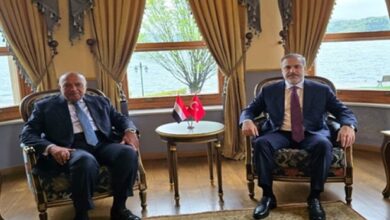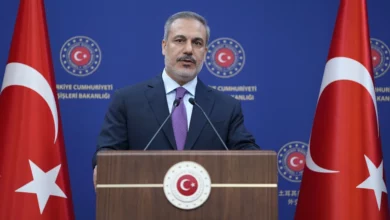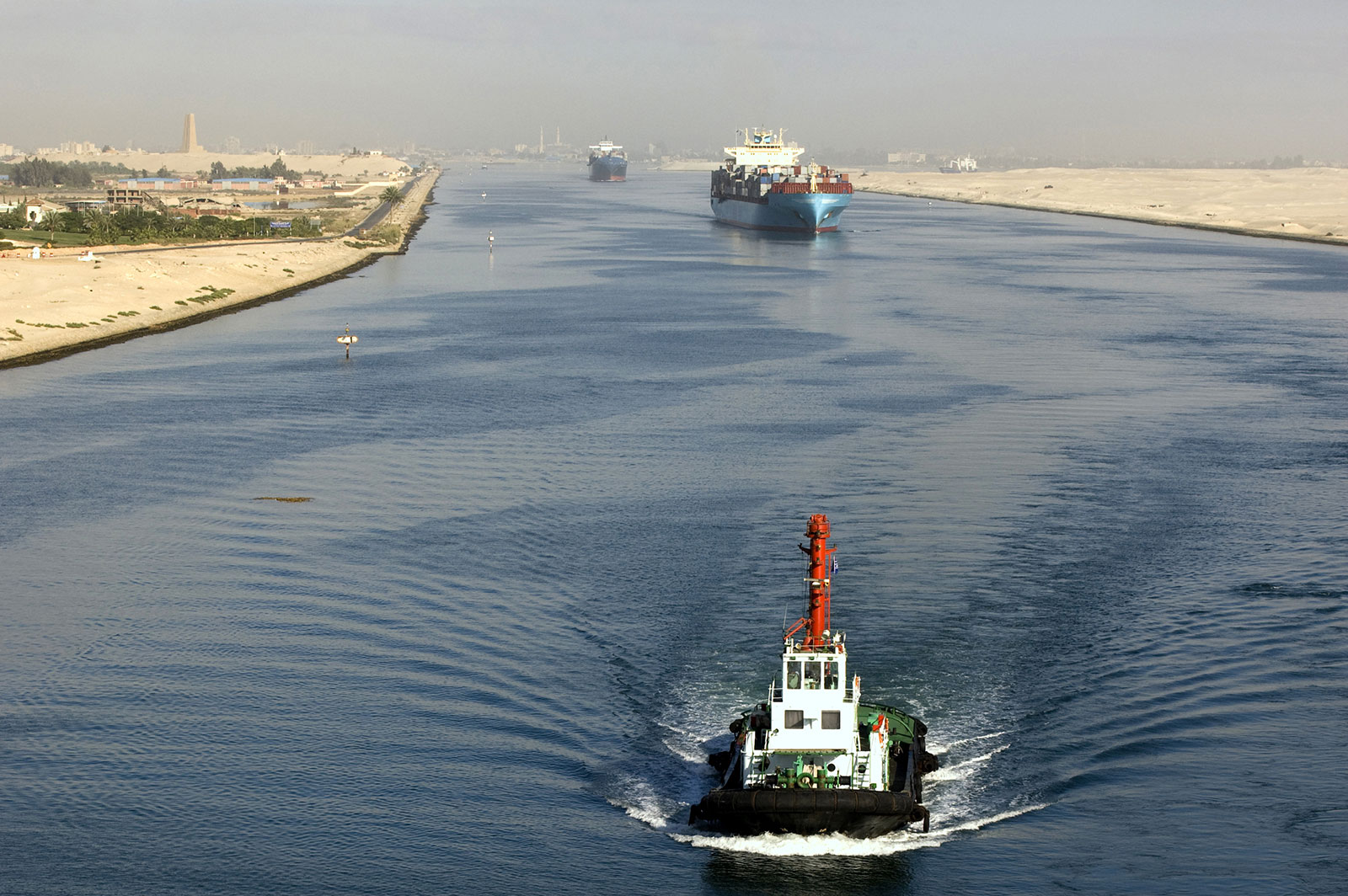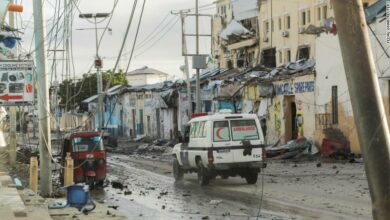I decided to go on a press trip to Istanbul on 22 September when my friend the Arabic language teacher also decided to go there to look for a job. A mutual friend of ours who was a member of the Muslim Brotherhood was going to help him find a job there.
I will refer to them as my “teacher friend” and my “Brotherhood friend” and I promise them that I do not mean harm in any way when I mention them while covering my story.
When foreigners stopped coming to Egypt to learn Arabic and preferred to go to other places, my teacher friend had to work as a news editor for the newspaper of the Freedom and Justice Party, a job mediated for him by my Brotherhood friend.
After the 30 June revolution, the newspaper was confiscated and the Brotherhood was ousted. And so my teacher friend, who was not married although he was 34, looked for a new life in Turkey. I told him that I would join him to find out how the members of the Muslim Brotherhood are living in Istanbul.
Fatma wants to marry a Brotherhood member
I met Fatma in the lobby of the hotel. She was among other young people who came from Alexandria to tour Istanbul. When she knew that I was a journalist, she asked me bluntly if I knew any member of the Brotherhood here.
Fatma was a student at the Al-Azhar University’s Faculty of Sharia in Alexandria. She was 20 years old and had no particular political inclination. But just as everybody else, she started to develop an interest in politics after the 25 January revolution.
She said she was happy to cast her vote in the first presidential election after the revolution. “It was the first time for me to feel my voice was heard,” she said. “I first voted for Khaled Ali and then for [Mohamed] Morsy in the runoff because there was no way I would vote for Shafiq.”
“I heard Turkey embraces the Muslim Brotherhood and so I came to see how they live here,” she said. “But I found no trace of them. I found a very much European country with vast freedoms. You see here boys and girls kissing each other in the streets, girls wearing short skirts and homosexuals walking around normally.”
When I met her again the next day, I asked her if she found any Brotherhood member. “I want to marry one,” she told me. I thought she was joking. “A Brotherhood man will treat me well in accordance with Islam.”
Erdogan treats the injured of Libya Dawn in the Prostitution District
“Come see the Arabs in Aksaray,” said my teacher friend. In this neighborhood you cannot walk without a child or a woman asking you for money. Most of them are Syrians.
Two Iraqi pimps stopped us there to tell us the price for a girl is between 100 and 150 liras, depending on her nationality and age. They took us to a cafe where we could see the girls from behind the glass. They sat in groups of different nationalities from Asia, Europe and Africa.
We just looked and left to the eastern side of the neighborhood where we saw street vendors all selling the same aphrodisiacal products. One of them clashed with me when I photographed him.
On our way back, we met three young people, one of whom had his leg amputated. When they knew that we were Egyptians they were pleased and told us that they came from Libya. We asked them which Libyan faction they belonged to. They said they were rebels. And when we asked who injured their friend they said it was Haftar’s forces. “Rebels till the end,” they chanted. Strangely, they looked happy and they smiled, especially the one-legged, as if he did not lose his leg. I regretted not having taken a picture of them.
A few minutes later we met another group of five or six people, of whom one also had his leg amputated. We asked them if they were Libyans and which faction they belonged to. They said they were from the Libya Dawn. “What do you want?” one of them asked me and then frowned. They proceeded to walk away.
Ansar Furat of Anadolu News is against secular literature
I visited my Brotherhood friend at Anadolu News where he worked. He set a meeting for me with Ansar Furat the cultural editor. I asked him how to go to the Orhan Pamuk Museum, the Nazim Hikmet Museum, novelist Aziz Nesin’s place of residence and the hospital where novelist Yasar Kemal was lying. He gave me the addresses but asked me why I was interested only in secularists and leftists.
Before I answered him, a Sunni Iranian journalist came in and gave us sweets on the occasion of the Ramadan Feast. “We call it the Ramadan Feast not the month of Ramadan,” he told me.
Back to the cultural editor, I told him that writers in general are mostly leftists and that the Turkish writers I mentioned were the only ones I read. “Suggest others to me,” I said.
He suggested two, of whom one was an Islamist writer. On the day I went to see him there was a huge march commemorating the death of a secular columnist who the marchers said was killed by the Islamists and the Mossad. When I called the cultural editor for information about that secular columnist he said he had no Internet access to give me any.
We don’t want it European, we want it Islamic
When I went with my teacher friend to the neighborhood where my Brotherhood friend lived I found that all the women walking in the street were wearing the Islamic Abaya. “Looks like we are in Cairo’s Ain Shams neighborhood,” I told my friend jokingly.
My friend explained to me that the residents of this particular neighborhood were all Islam-oriented. I also saw bearded men holding a banner on which it was written: ‘What do the young want?’ The young went and wrote on the banner what they expect from the Islamic Party, the organizer of this event. Among the things they wrote was: ‘We don’t want it European, we want it Islamic.’
Fugitives at the Sultan’s gate
I was sitting in a cafe with my teacher friend. It was midnight, too late for me to take the metro back to my hotel in Taksim Square. And the taxi was too expensive. So my friend asked me to spend the night at his place.
In Istanbul shops close at 10 pm. Supermarkets sell alcoholic beverages next to soft drinks. And the amazing thing is that they give you back the smallest change for what you pay. My friend told me this is because the Turkish economy is strong.
I asked him how our Brotherhood friend got the residency. He said that another Brotherhood member who had fled a death sentence in Egypt gives the Turkish police the names of 15 Brotherhood members every week to grant them a “humanitarian residence” like the Palestinians, the Iraqis and the Syrians. “He was on the list,” he said. But he said you must have at least US$20,000 in the bank to be entitled to it, which the Muslim Brotherhood members circumvent by bribing the responsible official, who would of course be an Arab, with 50 liras.
He told me about the so-called ‘Reception House’ in the Fatih district where Brotherhood newcomers are helped get apartments to live in with two or three other members of the group.
He told me that the cultural editor, who is paid by a Gulf state to manage an electronic news site, had diabetes. “Here in Istanbul you are treated for free,” he said.
He looked at his watch and said his roommate was coming soon. “Don’t tell him you are a journalist from Al-Masry Al-Youm because he is nuts,” he said. “I will tell him you are a teacher like me.”
“What’s with him?” I asked. He told me that his father ran for parliament on the list of the Brotherhood’s Freedom and Justice Party and won. Being an MP, he took his son out of the technical institute he was studying at and sent him to the Faculty of Engineering of a private university. Yet when parliament was dissolved he could no longer pay his tuition. His son was dismissed and came to Turkey on some scholarship to study engineering. But he was dismissed here, too. And so he ended up as a cameraman for the Mekamelin channel.
“He’s not nuts,” I said. “He’s a flop like the Brotherhood.”
His roommate came in. “How are things back in Egypt?” he asked me. He did not like it when I answered that things were fine. “And how do you find Turkey?” he asked. “Clean and has a strong economy,” I said. “Thanks to the oil they buy from IS,” he replied. “It is a shame that they deal with IS,” I said. “Why not?” he asked.
We then talked about the Brotherhood. “They were a flop,” I said. “Not at all,” he shouted. “They may have made some mistakes but they were not a flop.”
My friend took him to his room. “Last time he shouted the neighbors summoned the police,” he told me. “Did it happen again,” I asked. “Of course not,” he said. “They have strict laws here.”
Edited translation from Al-Masry Al-Youm




